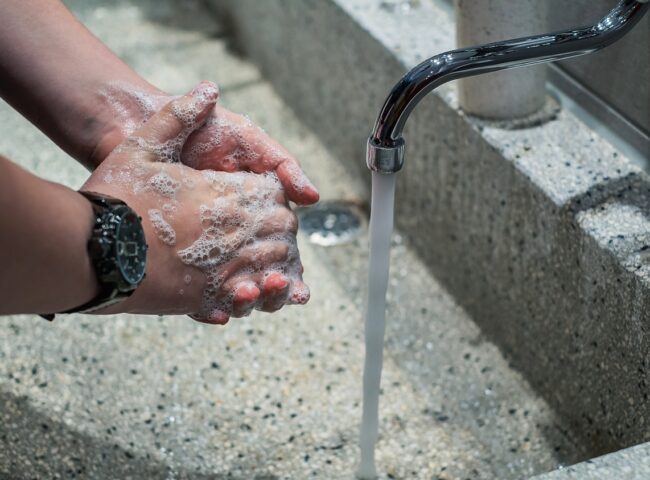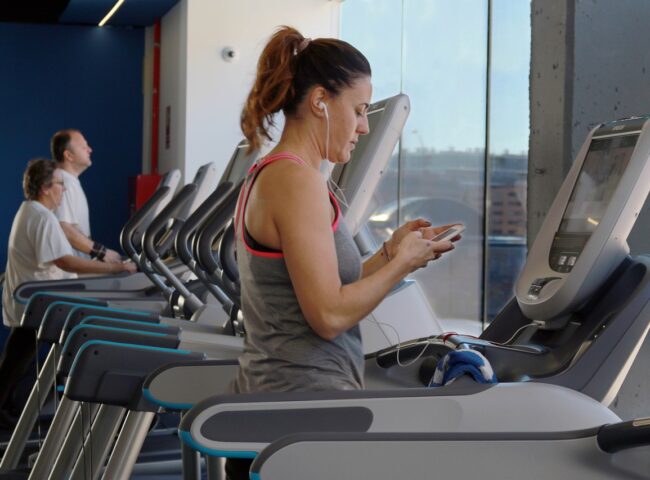Unlock the power of effective sleep hygiene practices by Optimizing Recovery and Wellness. Learn valuable insights and practical tips to enhance your sleep quality, rejuvenate your body, and support overall well-being.
Sleep hygiene refers to a set of practices and habits that contribute to healthy sleep patterns and overall well-being. By following good sleep hygiene practices, you can improve the quality and duration of your sleep, leading to better physical, mental, and emotional recovery. Here are some key sleep hygiene tips for promoting recovery and wellness:
1. Maintain a Consistent Sleep Schedule:
- Go to bed and wake up at the same time every day, even on weekends. Consistency helps regulate your body’s internal clock.
2. Create a Relaxing Bedtime Routine:
- Establish a calming routine before bed, such as reading, gentle stretching, or practicing relaxation techniques like deep breathing or meditation.
3. Limit Exposure to Screens Before Bed:
- Reduce screen time at least an hour before bedtime. The blue light emitted by screens can interfere with your body’s production of melatonin, a sleep-inducing hormone.
4. Make Your Sleep Environment Comfortable:
- Ensure your sleep environment is dark, quiet, and comfortable. Consider using blackout curtains, earplugs, or white noise machines to create an optimal sleep environment.
5. Manage Light Exposure During the Day:
- Get plenty of natural light exposure during the day, especially in the morning. Natural light helps regulate your body’s internal clock and promotes better sleep at night.
6. Be Mindful of What You Eat and Drink:
- Avoid heavy meals, caffeine, and alcohol close to bedtime, as they can disrupt your sleep. Opt for light snacks if needed.
7. Stay Active During the Day:
- Engage in regular physical activity, but avoid intense exercise close to bedtime. Exercise can promote better sleep, but give your body time to wind down before bed.
8. Limit Naps:
- If you need to nap during the day, keep it short (20-30 minutes) and avoid napping too close to bedtime.
9. Manage Stress and Anxiety:
- Practice stress-reduction techniques, such as mindfulness meditation, deep breathing, or progressive muscle relaxation, to manage stress and anxiety that may interfere with sleep.
10. Reserve Your Bed for Sleep and Intimacy:
- Avoid working, studying, or watching TV in bed. This helps create a strong association between your bed and sleep.
11. Use Your Bed for Sleep Only:
- If you’re unable to fall asleep, get out of bed and engage in a relaxing activity until you feel sleepy.
12. Seek Professional Help if Needed:
- If you consistently struggle with sleep despite following good sleep hygiene practices, consider consulting a healthcare professional to rule out underlying sleep disorders.
By incorporating these sleep hygiene practices into your daily routine, you can promote better sleep, enhance recovery, and contribute to your overall wellness. Remember that sleep is a fundamental aspect of your well-being, and making positive changes to your sleep habits can have far-reaching benefits for your physical and mental health.







Leave feedback about this